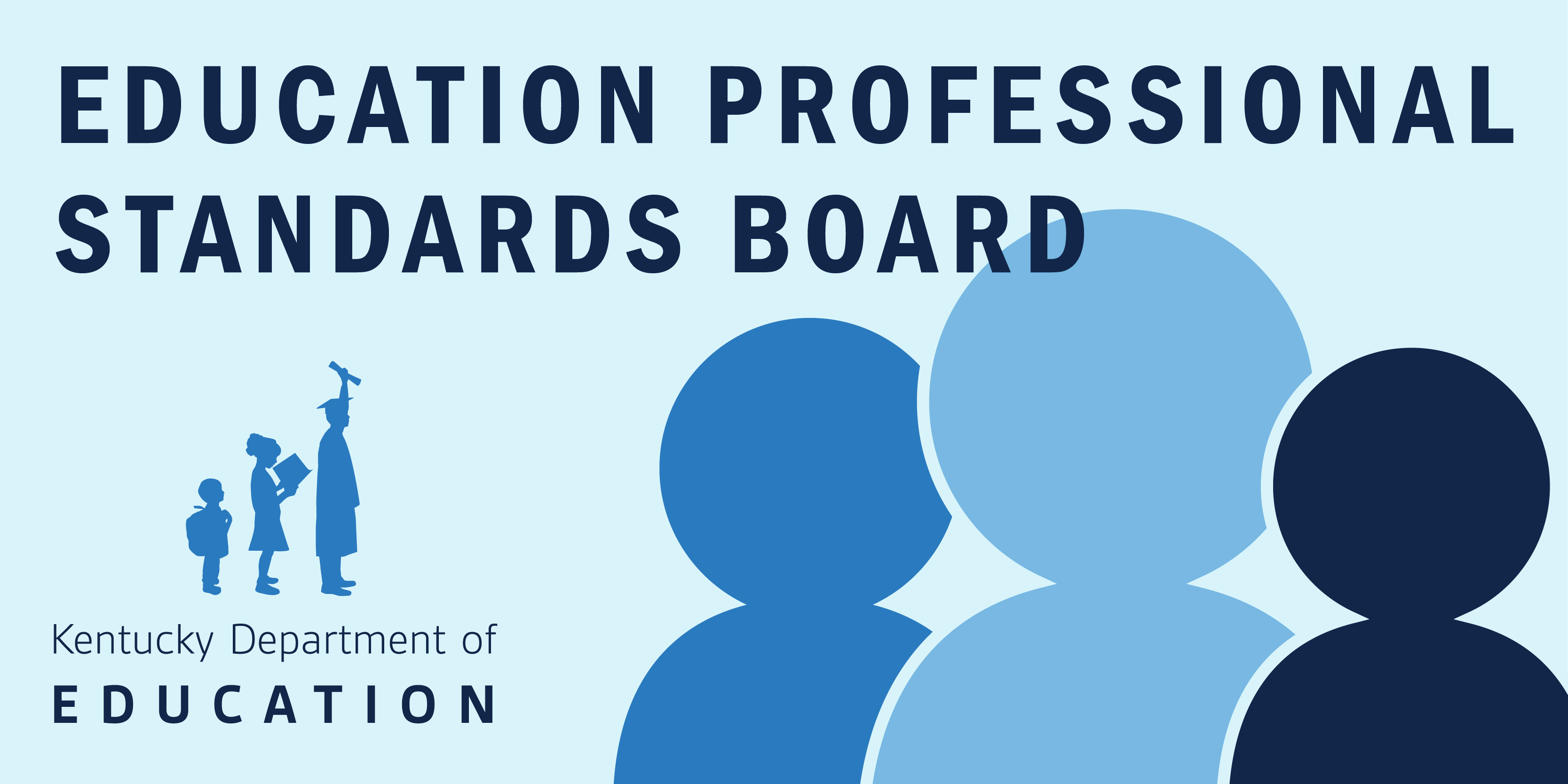Governor, Education Commissioner want Kentucky’s accountability model to be the standard
Calling state authority and autonomy critical components of education improvement, Gov. Steve Beshear and Education Commissioner Terry Holliday today called on the U.S. Department of Education for flexibility in public school accountability under the federal No Child Left Behind (NCLB) Act.
The Governor sent a letter to U.S. Secretary of Education Arne Duncan asking to replace the public school accountability portions of the federal law with Kentucky’s own model. Kentucky is the first state to request the change.
“I believe that federal law should set high expectations for education goals, but grant power and judgment to states and districts with regard to the means of achieving those goals,” said Gov. Beshear. “Kentucky has been a leader in this area, as the first state to adopt the Common Core Academic Standards and in the Kentucky Board of Education’s upcoming approval of a rigorous accountability model. I want this state to continue as a leader on the national level.”
Holliday agreed that Kentucky is in a position to provide more rigorous educational experience for its public school students because of its work in testing and accountability.
“Providing us with the flexibility to use our own accountability model for NCLB purposes will support our focus of college and/or career readiness for all students,” he said.
The main component of Kentucky’s proposed accountability model is incorporated into state regulation (703 KAR 5:200), which was approved by the Kentucky Board of Education in April. The remaining elements will be considered for final approval by the board at its Aug. 3-4 meeting.
The full model is a balanced approach that incorporates all aspects of school and district work and is organized around the Kentucky Board of Education’s four strategic priorities: next-generation learners, next-generation professionals, next-generation support systems and next-generation schools/districts.
Along with 42 other states, Kentucky is part of the Next-Generation State Accountability Systems Taskforce, which is supported by the Council of Chief State School Officers (CCSSO).
The Council of Chief State School Officers established the Next-Generation State Accountability Taskforce in summer 2010 to solidify the commitment of states to building public school accountability systems focused on college and career readiness. Kentucky has been an early participant in this work and is the first to adopt a next-generation accountability model that can serve as a prototype for other states.
This taskforce is focused on furthering states’ leadership in promoting college‐ and career‐readiness for all students by developing and implementing improved accountability systems. Today, CCSSO released a Statement of Principles to which states involved in the taskforce have committed for designing school and district accountability systems:
- Align performance goals for all schools and districts to college‐ and career‐ready standards.
- Make meaningful annual accountability determinations for all schools and districts.
- Focus initial determinations on student outcomes, including status and growth.
- Continue to disaggregate data by group, for reporting and accountability.
- Report timely, actionable, accessible data to all stakeholders, including outcomes and richer data to drive continuous improvement.
- Promote deeper diagnostic reviews, as appropriate, to better link accountability determinations to meaningful supports and interventions.
- Build district and school capacity for sustained improvement.
- Target specifically lowest-performing schools for significant interventions.
- Promote innovation, evaluation and continuous improvement in accountability systems over time.
While states agree to adhere to the principles outlined above, each state will design its own accountability system that is valid, useful and legitimate in each state’s individual context.
The taskforce has designed a comprehensive Roadmap on Next‐Generation State Accountability Systems, written by states for states to guide building accountability systems centered on preparing all students for success in college and career. The guide will assist states in building accountability systems that adhere to the principles developed by the taskforce while also conforming to each state’s unique context.
As NCLB (also known as the Elementary and Secondary Education Act) nears reauthorization, CCSSO has asked the U.S. Congress to codify the principles of next‐generation accountability systems, while leaving discretion to states to design the details of the systems and to promote continuous improvement over time.
NCLB was passed in 2001 and requires states to test students annually in reading and mathematics.
The results of these tests are reported in terms of the percentages of students performing at proficient or higher levels, and those percentages (along with other factors) are used to determine whether schools and districts have made adequate yearly progress (AYP). Under NCLB, schools and districts funded by the federal Title I program may be subject to consequences if they do not make AYP.



Leave A Comment